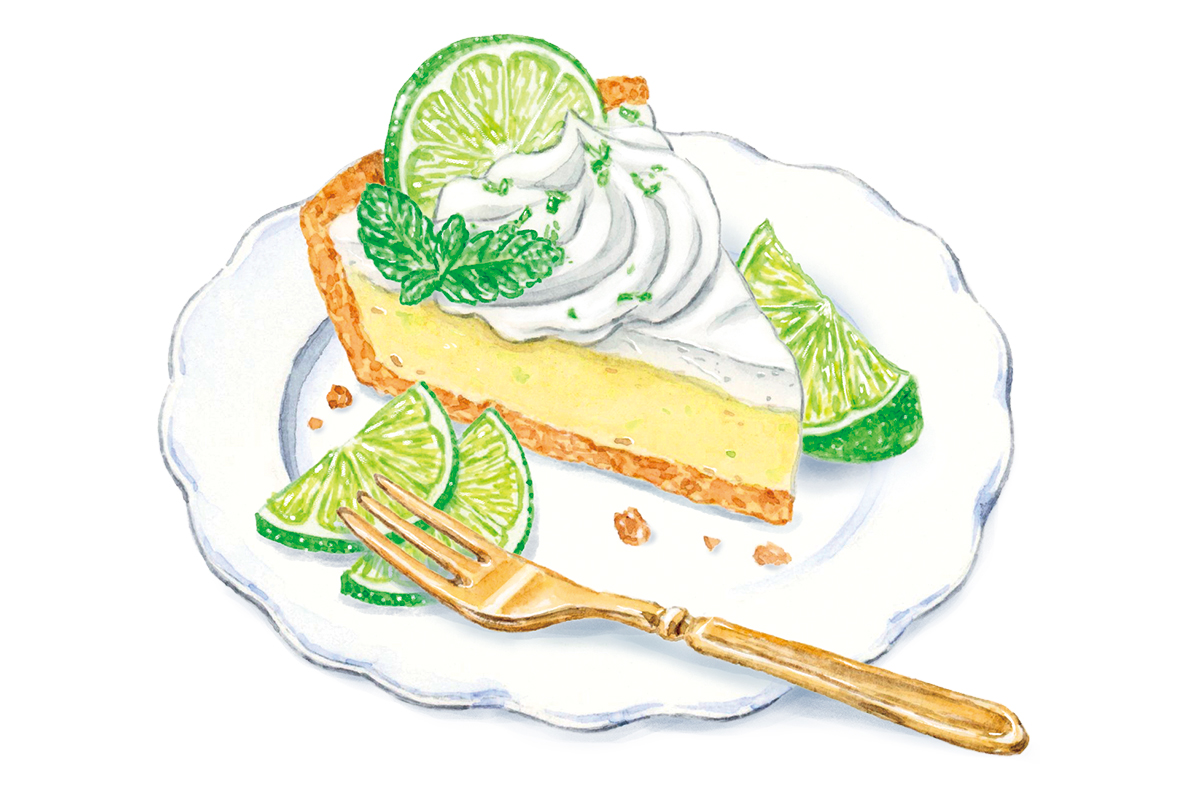Tis the season to eat salads and wear skimpy clothes. At least, that’s what we’re led to believe, egged on by adverts featuring bikini-clad models, barely-there fashion in shops, television series such as Love Island that equate sunshine with slender figures and the perennial expectation that we should by now be “beach-body ready.”
Yet quite aside from the idiocy of only being “allowed” to enjoy the warm weather when we’re deemed aesthetically agreeable enough by unidentified authorities, summer isn’t even when we are at our slimmest, is it?
At least not according to the bathroom scales currently clocking me at seven pounds heavier than I was four months ago. I am always approaching my heaviest in July, my weight peaking at the end of August when jeans I slip on effortlessly in the winter months are bursting at the seams and I am practically begging the clocks to go back so I can feel good in denim again.
And I know I’m not alone. A study by the Nuffield Department of Primary Care Health Sciences at the University of Oxford last month found the worst two months to go on a diet are July and August, with people attempting to lose weight in these months losing an average of 3lbs 10oz and 3lbs 8½ oz respectively, compared to the year’s average of 4lbs 6½ oz. Those starting their diet in January, meanwhile, shed an average of 5lbs 9½ oz.
The study didn’t look at the reasons why this might be the case, other than that motivation is likely to be lower outside of the window in which we’re following new year’s resolutions, but I have a few theories of my own. For a start, there’s the clothing we wear as the temperatures rise. I’m not talking about the halter necks and hotpants the summer stereotype suggests, although good for you if you’re rocking them over eighteen, but loose-fit styles that keep us cool.
Come May and those tight jeans that allow me no more than one serving of potatoes before my blood supply is cut off are replaced by elasticated waistbands and flowing dresses with all the restrictions of a nightie which allow me to mainline Magnums with no discomfort. Nor are there any psychological ramifications of over-indulging, because every summer treat comes with a legitimate excuse to eat it, whether ice cream, medicinal in the heat, afternoon beers to accompany the never-ending sporting events, burgers at balmy evening BBQs or 10 p.m. post-wedding snacks.
We’re undoubtedly more sociable in summer. A study last year found that we’re twice as likely to make excuses to avoid a social event in the winter than at this time of year — meaning not just more food and drink, but a “what the hell, it’s vacation season” abandon towards our diet last seen in December.
And it comes at a time when, if we have succumbed to the pressure to get “beach-body ready” by going on a drastic pre-vacation diet, our metabolic rate will likely have nosedived to preserve energy in response, increasing the chances of weight gain when faced with such feasts.
Among those summer temptations is of course the hotel breakfast buffet, an undisputed highlight of my holiday and the only place in the world where I’d consider it acceptable to follow a pile of pancakes drenched in maple syrup with chocolate churros and a chorizo omelette. Little wonder research by food retailer MuscleFood.com estimated we eat 5,543 calories a day at all-inclusive resorts — over double the recommended amount.
Restless nights, meanwhile, have ramifications on our weight, and a recent study of 188 patients who made sleep recordings by St. Hedwig Hospital in Berlin, Germany, found they slept an hour longer in December than in June. Sleep deprivation increases the production of both the stress hormone cortisol, that can increase sugar cravings, and the appetite-boosting hormone ghrelin while reducing levels of the satiety hormone leptin.
Another study of 3,000 people by Israel’s Tel Aviv University last year found that men eat an extra 300 calories in summer possibly because, researchers found, UV light triggers an increase in ghrelin in men (although not in women). Experiments on mice have produced similar results.
Children too, are susceptible to summer weight gain. A sample study of 18,170 American children between fall 2010 and spring 2013 found the prevalence of obesity increased from 8.9 percent to 11.5 percent, and the prevalence of overweight increased from 23.3 percent to 28.7 percent — with all the increase occurring during the two summer vacations.
The authors of the resultant 2016 paper, “Children’s Obesity Prevalence Grows Only During Summer Vacations,” published in the journal Obesity couldn’t be sure whether children were eating more in the summer, but pointed out that they were sleeping less and watching more television.
Which all rather makes me reach for another Mini Caramel Almond Magnum in resignation. After all, it will be fall soon enough.
This article was originally published on The Spectator’s UK website.

























